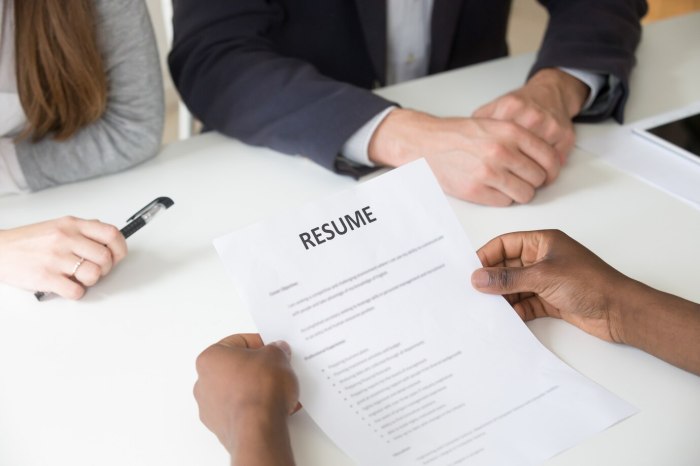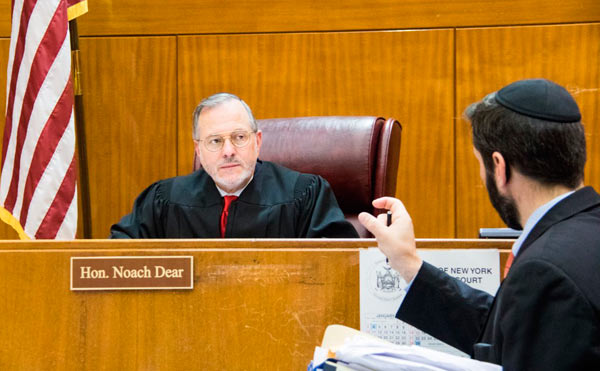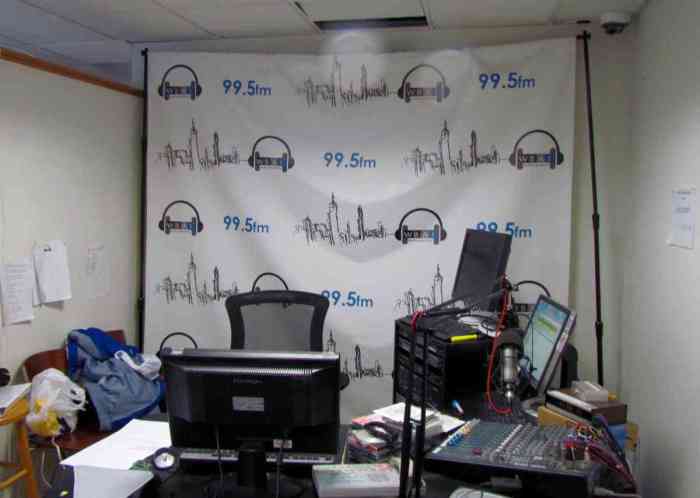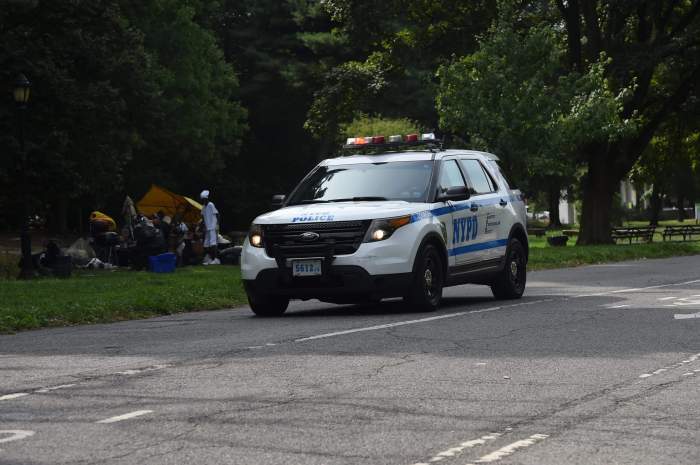Schneps Media is sitting down with judges across the city’s court systems to discuss their roles and how they’ve changed in the age of COVID-19. This week’s interview is with the Hon. Carolyn Walker-Diallo, Kings County Supervising Judge and Acting Justice of the Supreme Court.
Schneps Media: Could you describe your duties as a Civil Court Judge?
Hon. Carolyn Walker-Diallo: As Supervising Judge of the Kings County Civil Court, the busiest Civil Court in the State of New York, I oversee all aspects of court operations and administration, including judicial and non-judicial assignments, case management, court facilities, technology development, public information, and access to justice. I also preside over the Trial Part, which include transfer cases from Supreme Court and up until the pandemic, I presided over jury trials.
Also, I am the first Muslim to serve as a judge in the State of New York, taking the ceremonial oath of office on the Holy Quran after being elected to represent the 7th Municipal Court District on December 10, 2015.
SM: How has the position/proceedings changed during the pandemic?
CWD: The pandemic drastically changed how we operate in the Civil Court. While my responsibilities of overall management of the Court remain the same, how I manage the Court during the pandemic requires me to think outside of the box every day. We will not be able to return to pre-pandemic operations anytime soon. But this is not necessarily a bad thing! While we were always concerned about and focused on the safety of everyone who walks through our doors, COVID-19 has given us the golden opportunity to streamline and modernize operations so that we may continue to serve the public through the use of technology while keeping everyone safe from this invisible enemy.
SM: Is there a silver lining that you can find from the pandemic?
CWD: The pandemic forced the entire court system to quickly reassess how we serve the public and to institute best practices during the pandemic and beyond. Accordingly, we began using existing technology, such as Skype, which had not been widely used before. We also learned how to use new technology to ease the process for all court users to obtain access to the Civil Court.
SM: Are there more technical advancements that have been implemented since the pandemic?
CWD: Yes, prior to the pandemic, we very rarely used technology such as Skype to hold virtual conferences or to conduct any court business. Now, it is an integrated part of our daily operations, as our Judges preside over cases virtually, conduct virtual calendar calls, and hold virtual settlement conferences. In addition, in response to the COVID-19 public health emergency and the expansion of “virtual” court operations, the Unified Court System initiated a new program to transmit digitized documents (in pdf format) to UCS courts, County Clerks, and other court-related offices around the State through the Electronic Document Delivery System (“EDDS”).
SM: Are there any misconceptions people have about judges you would like to clear up?
CWD: Civil Court Judges are elected from all of the diverse Brooklyn communities and, as such, are sensitive and compassionate to the needs of all Court users. We work hard every day to uphold our constitutional obligations and to ensure that everyone obtains notice and an opportunity to be heard.
SM: What are some of the most common problems you deal with at work?
CWD: The one thing I love about being a Supervising Judge of the busiest Civil Court is that there is never a dull moment and every day presents a new set of opportunities (not challenges) to do better for the people of Brooklyn. The most common opportunities during the pandemic are ensuring access to justice while incorporating technology into the daily operations of court for court users as well as judicial and non-judicial personnel.
SM: Are there some hobbies or pastimes you enjoy partaking in during your free time?
CWD: I spend most of my free time with my teenage daughter, who keeps me grounded and truly shows me what “joie de vivre” truly means.
I also enjoy giving back through my sorority, Alpha Kappa Alpha Sorority, Inc. and through my service as Chair of The George Walker Jr. Community Coalition, Inc., a youth services community based organization in Cypress Hills/East New York which is named after my father.
SM: What motivated you to pursue a career in law?
CWD: As a child and teenager, I noticed that too many of my family members, friends, and neighbors had negative experiences with the justice system. The general sentiment was that they did not “get a fair shake.” I vowed that I would become an attorney and serve as a staunch advocate for the most vulnerable among us to make sure that they had their day in Court. Now as a Judge, my responsibility is to make sure that everyone who comes before the Court, regardless of status, background or personal circumstances obtain timely and effective justice.
SM: What advice would you give others who would like to pursue a career in law or becoming a judge?
CWD: Pursuing a career in law is rewarding but it is demanding. During those long and difficult days and nights, you must have a strong “why” for continuing in this profession. To be an attorney or a Judge is a high calling. People entrust attorneys to speak for them, to be their voice. Everyone in society expects Judges to be fair, impartial, and ensure equal justice under the law. As such, think hard, long, and be honest about your “why.” If it is your dream, do not let anyone or anything deter you. The law is a noble profession through [in] which you can make a huge difference in the lives of many people. And if you so desire, you may even choose to be an arbiter of justice and become a Judge one day.






















